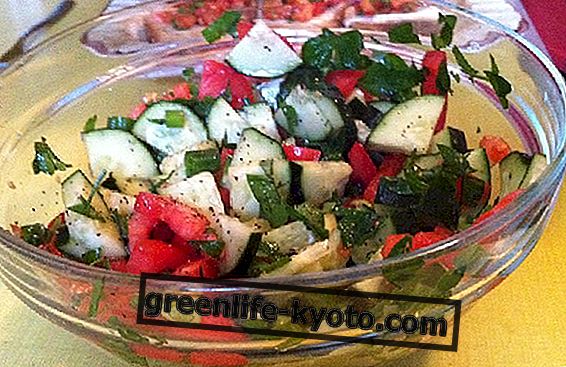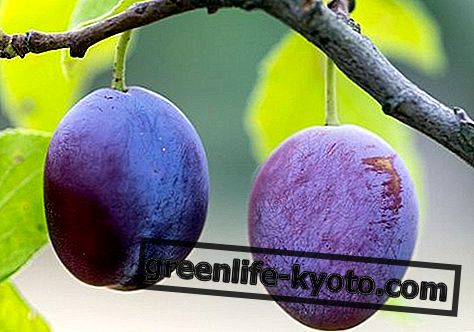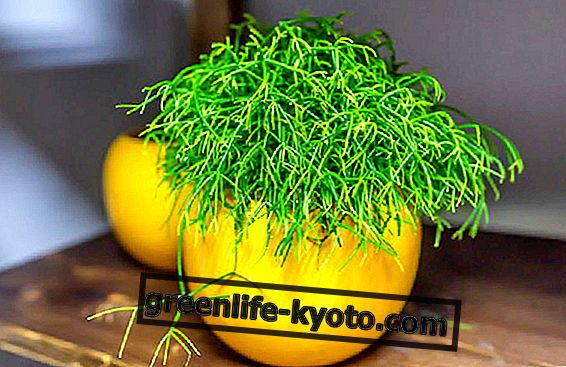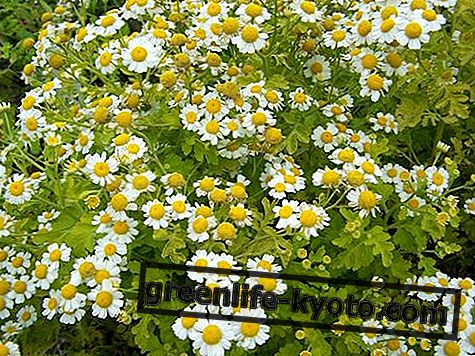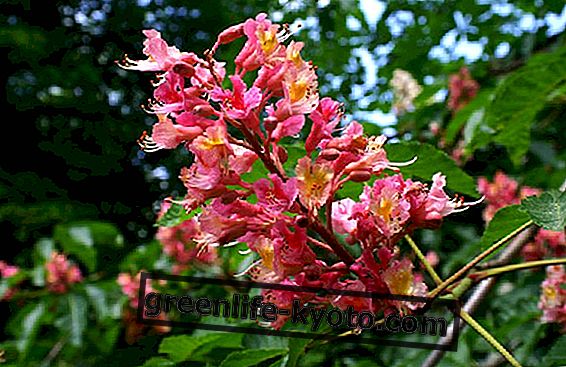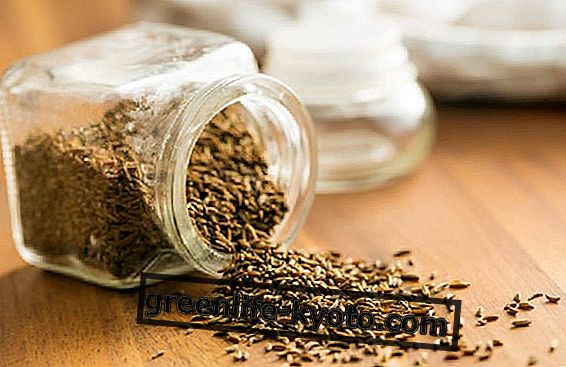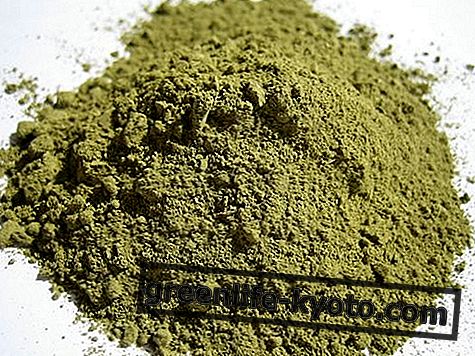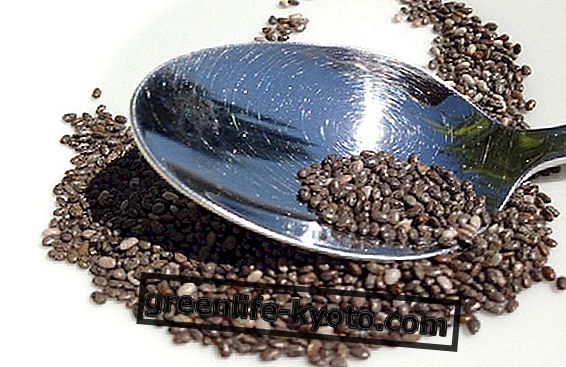
The minimalism of life in Japan
Japanese culture is in itself very attentive to the care and well-being of the body and the home, including also cleanliness, beauty understood as harmony of the whole, and personal hygiene and the environments in which one lives.
The minimal style of which it feeds facilitates its fulfillment of certain jobs and operations aimed at eliminating dirt, dust and various accumulations. If, attracted by this way of life, we read "The magical power of reorganization" by Mari Kondo, we tasted the tea ceremony with Kakuzo Okakura, learned about the magical power of konjac vegetable sponges and experimented with alternative recipes of Japanese cuisine.
Nevertheless we juggled the art of doing Kakebo accounts, Kokedama moss balls and the poor compositions of the kusamono.
We just have to let ourselves go to ancient rituals of deep purification all Japanese and immerse ourselves in more or less sacred waters.
Japanese purification rites
According to Japanese culture, water is not only good for the external body, but also makes the internal body clear, magically purifying even the spirit of man: Kegare are precisely the negative elements we carry with us - all impurities, dirt, the wrong deeds done - which can be eliminated through various purifying rituals, rituals that are not always easy to understand for us and very diversified, which contemplate the use of different natural elements, such as Misogi ablutions with water, for example.
Here is the video of Japanese believers who challenge the cold to participate in a purification ritual of misogi.
The Yuami, which is also spoken in poetry, is literally a complete purifying bath ; also known as Ofuro, the bathroom becomes a real social and collective habit in Japan, a moment of sharing with family or friends, a "skinship" that brings together and makes everyone share a single moment of contact in the tub .
Certainly not a ride in an expensive and crowded tub of bubbles, like the spas we are used to. Japanese baths, especially those in the Onsen - thermal waters and hot volcanic springs immersed in nature and with open - air pools - are very popular because they give a deep relaxation to the body and the spirit and are perceived in the long term the effects are healthy that aesthetic for the skin.
These are spring waters that reach very high temperatures, considered particularly sacred precisely because they fulfill the task of freeing all impurities; photographer Mark Edward Harris sublimely illustrated the beauty and stillness of these places with a reportage book.
This tourist site in English of the spiritual and pilgrimage center in Kumano illustrates the steps of how to take a Japanese bath.
Shinto purification rituals
But it is not only the water that purifies according to Japanese culture, but also the air : a purification rite is also what the Shintou priests perform by waving a stick with trimmed ends on people or in certain "contaminated" places paper.
The Harai or Harae, as the Shintoismo.com website explains, is another ritual of purification of religion that provides for the elimination of "contaminated" objects.
Other forms of purification contemplate the element of fire, passion. For example, a very important purification ritual involves abstinence from sexual practices, from certain foods or drinks for more or less prolonged periods.
Reference books:
> " The way of the japanese bath " Mark Edward Harris;
> " The moss and the dew. Anthology of Japanese poetry " by AA.VV.
